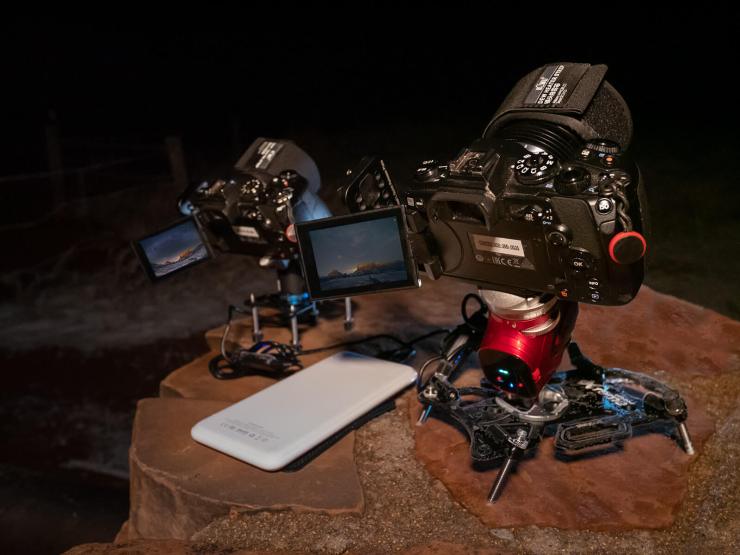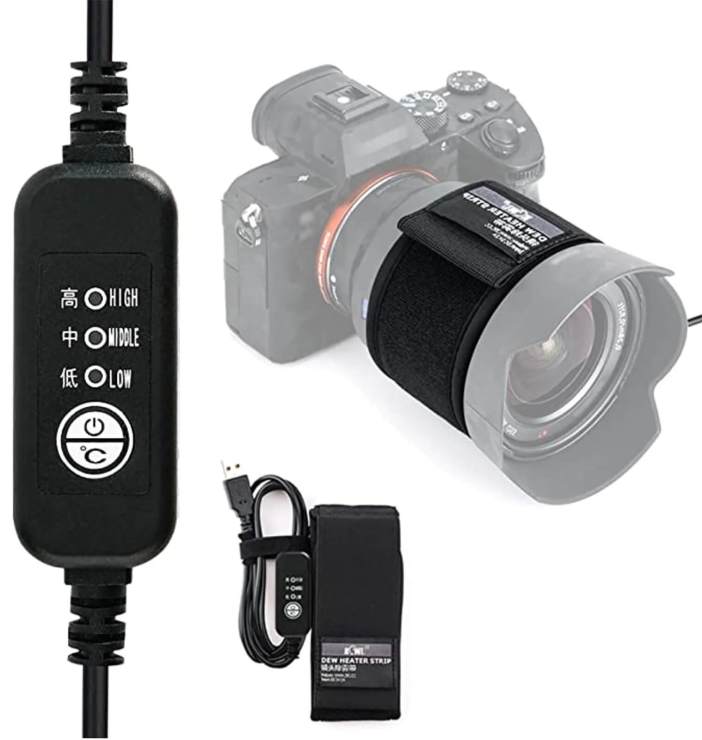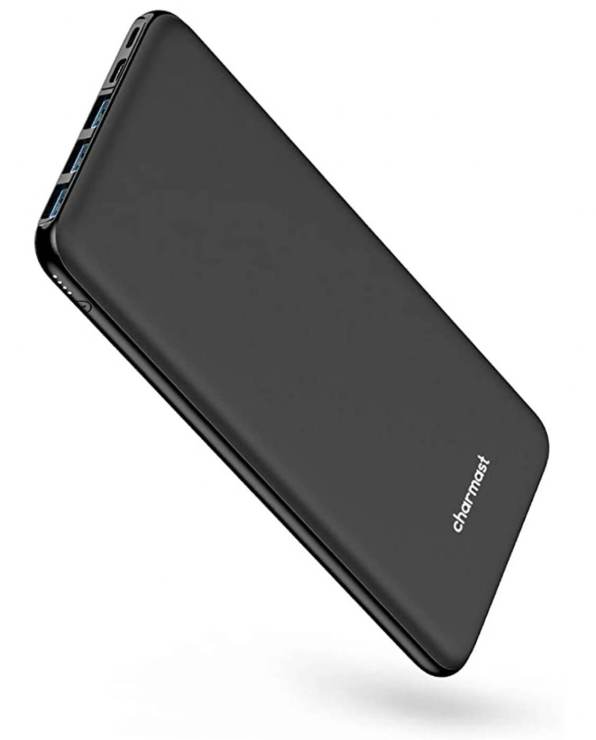I shared my shooting and processing of a meteor shower on a frosty night here. In this article, I’ll share a bit more about the gear and some possible issues that can be addressed in nightscape photography.
Camera support
For photographing the night sky for changes such as meteors streaking you need to have a steady camera. I will often create time-lapse videos of the scene as well as still images. Any movement of the camera is a death nell to the finished video.
Small solid Platypod camera supports made it easy. A Platypod eXtreme with a Platyball Elite paired with a Platypod Ultra and Benro ballhead carried both cameras. I placed them on a stone fence pillar and done. FYI, I am a Platypod Ambassador so I get gear to use and test, but I keep finding new ways to make use of them.

Moisture is your enemy
I don’t normally have to deal with moisture here in the southwest. Lately we have been getting some good amounts of rain. Yay for the water table! Not so yay photographing at night with freezing temperatures. Luckily, I was prepared to fight the frost that falls from above. Frost and moisture can be sneaky, be prepared.
A lens warmer is important for successful nightscape photography in frosty or misty conditions. Search for a lens warmer or dew heater. They range in price from around thirteen to fifty dollars. I have had good success with the lower range. The Kiwifoto brand did a great job. It has three heating levels.


Connect the lens warmers to a USB power supply and you are good to go. If you shoot with multiple cameras and they are close enough you can plug multiple warmers to a single power supply.
Get out and shoot
The night sky holds lots of possibilities for images. Here are a few links to articles on photographing the heavens with tips on getting the most out of your gear:
- Finding your subject
- Glow tape for your tripod
- Finding dark sky locations
- Lighting your foregrounds for the Milky Way
- Stacking photos for better Milky Way images
If you are not as fortunate to have Bortle four dark skies as I am, take some time to travel a little ways to view and photograph the stars and events therein.
Let me know in the comments below if you have any questions or ideas for articles you would like to see on gathering images at night.
Yours in Creative Photography, Bob
Tell your story with the second annual Visual Storytelling Conference!
Experience four days of interactive, online training sessions featuring a range of educational content with experienced photographers and content creators. This free event kicks off with a series of technical boot camps to build essential skills, followed by live, online sessions on photography, video, business and social media. Join live from March 10-13, 2022!
